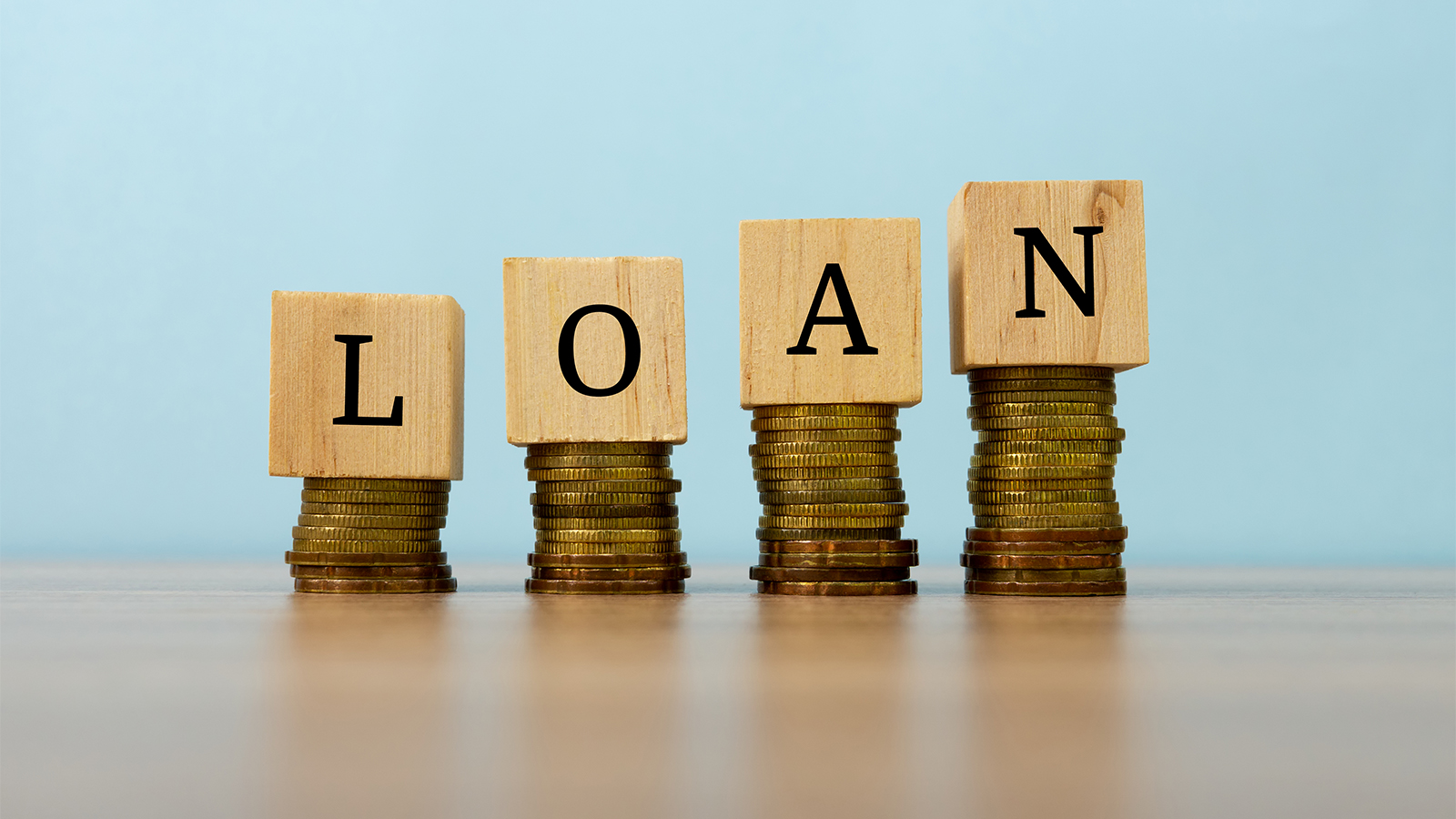A Comprehensive Overview to Home Loans: Provider and Options Explained
Charting the world of mortgage can be complicated. Numerous options exist, each with distinct functions and ramifications for potential property owners. Recognizing the differences between conventional and government-backed lendings is vital. The application process includes meticulous documentation and pre-approval steps that several ignore. As debtors begin on their home-buying journey, understanding how to take care of these duties effectively could suggest the distinction in between monetary stability and difficulty. What methods can encourage them on this path?
Comprehending Home Loans: Types and Terminology
Recognizing the numerous sorts of home loans and their linked terminology is necessary for potential property owners, as it equips them with the knowledge needed to make enlightened financial choices. Mortgage can be extensively categorized right into adjustable-rate and fixed-rate mortgages. Fixed-rate home loans preserve a regular rate of interest rate over the life of the loan, supplying stability in month-to-month repayments. Payday Loans. Alternatively, variable-rate mortgages include rate of interest prices that may vary after a preliminary fixed duration, possibly leading to reduced preliminary payments yet enhanced future prices
Extra terms is necessary for clearness. Principal describes the loan quantity borrowed, while rate of interest is the price of borrowing that amount. The term of the car loan suggests its duration, typically ranging from 15 to thirty years. Recognizing these essential concepts allows possible purchasers to browse the complex landscape of home financing, guaranteeing they choose the ideal finance choice that straightens with their economic situation and long-term objectives.
Conventional Car Loans vs. Government-Backed Loans
A substantial distinction in home funding exists in between government-backed lendings and conventional fundings, each providing to various consumer demands and conditions. Traditional financings are not insured or ensured by the federal government and usually require higher credit score ratings and deposits. They are often appealing to borrowers with stable financial backgrounds, as they may supply affordable rate of interest prices and terms.
On the other hand, government-backed car loans, such as FHA, VA, and USDA finances, are created to assist specific teams of debtors, including newbie property buyers and veterans. Payday Loans. These financings generally include lower down payment needs and more flexible credit scores criteria, making them obtainable to a wider array of individuals
Inevitably, the option between government-backed and standard fundings hinges on the consumer's monetary circumstance, long-term objectives, and eligibility, making it necessary to carefully examine both options prior to choosing.

The Role of Rates Of Interest in Home Funding
Rate of interest play an important role in home funding, influencing customers' decisions in between set and variable rate finances. The option between these options can greatly impact regular monthly payments, influencing general affordability. Recognizing how rates of interest function is essential for any person navigating via the mortgage process.
Dealt With vs. Variable Rates
Buyers face a vital decision when picking between taken care of and variable rates, as this selection considerably impacts the expense of funding gradually. Fixed-rate mortgages use stability, securing in an interest price for the life of the funding, which can be advantageous in an increasing rates of interest atmosphere. This predictability permits property owners to spending plan extra efficiently. Conversely, variable-rate home loans, or variable-rate mortgages (ARMs), usually begin with reduced initial prices that can fluctuate based on market conditions. While this may bring about reduced first payments, debtors face the risk of raised rates in the future. Ultimately, the option in between variable and fixed prices depends upon private monetary scenarios, risk tolerance, and assumptions regarding future rate of interest price patterns.
Influence On Monthly Settlements
When reviewing home financing options, the impact of rate of interest on monthly settlements is a key factor to ponder. Rates of interest directly affect the total expense of loaning, impacting how much a debtor will pay each month. A lower rates of interest lead to smaller month-to-month settlements, making homeownership extra affordable. On the other hand, higher rates can considerably raise regular monthly commitments, potentially straining a homeowner's budget. In addition, the lending term plays an essential role; longer terms might spread out repayments out however can lead to paying even more passion gradually. Understanding how interest rates connect with loan quantities and terms is crucial for borrowers to make educated economic decisions and choose a home loan that straightens with their lasting monetary goals.
Home Loan Brokers vs. Straight Lenders: Which Is Right for You?
When thinking about a home mortgage, prospective borrowers should comprehend the distinctive duties and obligations of home loan brokers and straight lenders. Each alternative provides its own advantages and disadvantages, which can substantially influence the general expense of financing. Cash Loans An educated selection needs mindful evaluation of these factors to identify the most effective fit for specific requirements.
Roles and Duties Defined
Steering the intricacies of home funding calls for a clear understanding of the functions and obligations of home loan brokers and straight lenders. Home loan brokers serve as intermediaries, linking borrowers with lenders. They assess a customer's economic scenario, curate funding options, and overview clients via the application procedure, usually leveraging several lender connections to safeguard favorable terms. On the other hand, straight loan providers, such as financial institutions and lending institution, provide car loans directly to customers. They take care of the whole funding process, from application to financing, with an emphasis on their very own products. Each choice provides unique opportunities for getting financing, making it important for debtors to review their preferences and needs when choosing in between involving a home loan broker or collaborating with a straight lending institution.
Disadvantages and pros Contrast
Selecting in between a home mortgage broker and a direct lender can considerably affect the home financing experience, as each alternative offers unique advantages and downsides. Home mortgage brokers act as intermediaries, offering access to multiple loan providers and potentially better rates, while simplifying the financing process. Nevertheless, they might charge fees and count on compensation frameworks that could influence their suggestions. On the other hand, direct lenders simplify the procedure by providing internal loans, which can bring about much faster authorizations and fewer complications. Conversely, they may have a minimal choice of products and less versatility regarding rates. Ultimately, the choice rests on individual preferences, economic scenarios, and the preferred level of assistance throughout the home loan trip.
Cost Ramifications Analyzed
While assessing the price implications of mortgage brokers versus direct lending institutions, prospective homeowners must take into consideration various factors that can considerably influence their overall costs. Home loan brokers typically bill costs for their solutions, which can vary substantially, influencing the general lending expense. Nonetheless, they often have accessibility to a bigger variety of loan products and affordable prices, possibly conserving borrowers cash in the future. Alternatively, direct lending institutions may use a much more simple process with possibly reduced upfront expenses, but their finance alternatives might be restricted. It is vital for property owners to compare rates of interest, costs, and terms from both brokers and lending institutions, ensuring they make an enlightened choice that straightens with their monetary goals and needs.
The Mortgage Application Refine: What to Anticipate

The home financing application procedure can usually really feel frightening for many candidates. It typically starts with collecting essential documents, including proof of revenue, credit score background, and personal identification. Lenders use this information to evaluate the applicant's monetary security and figure out lending eligibility.
Next, candidates submit a formal application, which may entail filling in on the internet forms or offering information personally. Throughout this phase, lending institutions review different variables, such as debt-to-income proportion and credit history, to choose financing terms.
Once pre-approved, the lender will perform a comprehensive evaluation of the building to establish its value straightens with the funding quantity. This stage might likewise consist of extra background checks.

After last approvals and conditions are met, the financing is refined, causing the closing stage. Comprehending each step equips applicants, making the trip smoother and a lot more manageable as they relocate towards homeownership.
Tips for Managing Your Home Mortgage Properly
Successfully steering the mortgage application procedure is just the start of an accountable monetary journey. Handling a home finance needs interest to a number of essential practices. Debtors must establish a clear budget plan that fits regular monthly home mortgage repayments, home tax obligations, and insurance policy. Regularly assessing this spending plan helps stop overspending and warranties timely settlements.
Additionally, making extra repayments when feasible can substantially decrease the lending principal and total interest paid in time. Debtors must also preserve open lines of interaction with their lending institution, especially in times of economic difficulty. This can bring about potential solutions such as loan modifications or re-financing alternatives.
It is suggested to keep track of credit scores on a regular basis. A good credit rating can offer chances for far better finance terms in the future. Fast Cash. By following these suggestions, homeowners can browse their funding responsibilities successfully, guaranteeing lasting economic health and wellness and stability
Frequently Asked Questions
What Are Closing Costs and How Are They Computed?
Closing prices encompass fees related to finalizing a home mortgage, including appraisal, title insurance coverage, and car loan source charges. These costs commonly vary from 2% to 5% of the lending amount, varying based on location and lender.
Can I Receive a Home Car Loan With Bad Credit Scores?
Yes, people with bad debt can receive a mortgage, though options might be restricted. Lenders frequently call for higher down settlements or rates of interest, and checking out government-backed finances may enhance opportunities of authorization.
What Is Home loan Insurance coverage and When Is It Required?
When a customer makes a down payment of much less than 20%, home loan insurance shields loan providers against default and is typically needed. It ensures that lending institutions recover losses if the borrower fails to settle the loan.
Just How Does Refinancing Work and When Should I Consider It?
Refinancing entails changing a current home loan with a new one, normally to safeguard a reduced rate of interest or adjustment car loan terms. Homeowners should take into consideration refinancing when rates of interest go down substantially or their financial scenario improves.
What Takes place if I Miss a Mortgage Repayment?
If a home mortgage payment is missed out on, the lending institution generally evaluates late fees, reports the misbehavior to credit score bureaus, and may start repossession procedures if repayments continue to be ignored, ultimately jeopardizing the homeowner's home.
Fixed-rate mortgages maintain a consistent passion price over the life of the funding, offering security in regular monthly payments. A significant difference in home financing exists in between standard financings and government-backed finances, each catering to different borrower needs and situations. In contrast, government-backed car loans, such as FHA, VA, and USDA loans, are designed to assist specific teams of borrowers, consisting of new property buyers and experts. Interest rates play an essential duty in home financing, affecting consumers' choices between set and variable rate lendings. Fixed-rate home mortgages use stability, locking in a passion price for the life of the funding, which can be useful in a climbing rate of interest rate environment.